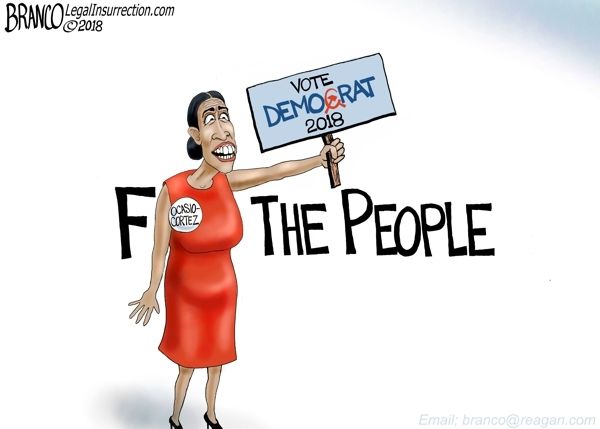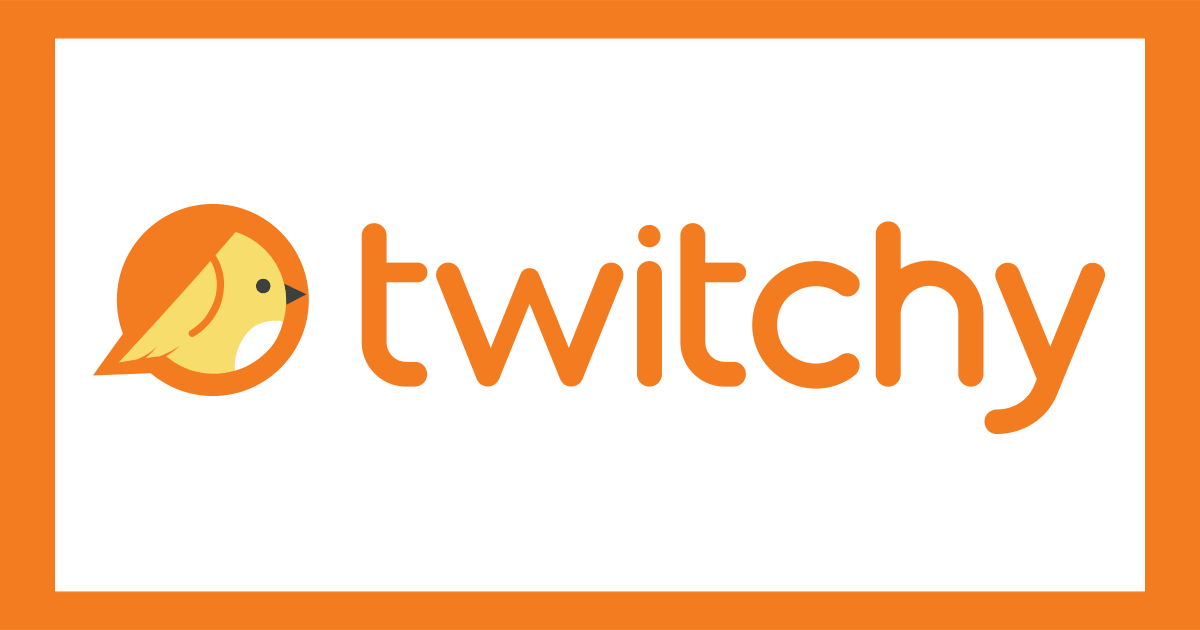Sheriff Joe
DA
NY Times, HUH?The United States labor market is closing in on full employment in an economic expansion that just began its 10th year, and yet the real hourly wage for the working class has been essentially flat for two years running. Why is that?
Economists ask this question every month when the government reports labor statistics. We repeatedly get solid job growth and lower unemployment, but not much to show for wages. Part of that has to do with inflation, productivity and remaining slack in the labor market.
But stagnant wages for factory workers and non-managers in the service sector — together they represent 82 percent of the labor force — is mainly the outcome of a long power struggle that workers are losing. Even at a time of low unemployment, their bargaining power is feeble, the weakest I’ve seen in decades. Hostile institutions — the Trump administration, the courts, the corporate sector — are limiting their avenues for demanding higher pay.
Looking at the historical relationship between working-class wages and unemployment, wage growth should be rising about a percentage point faster than it is right now. In June, the Bureau of Labor Statistics reports, wages were growing at a yearly rate of 2.7 percent before inflation.
G.D.P. has sped up and may clock in at around 4 percent in the second quarter of this year, but not enough of that growth is reaching workers. This is, of course, the defining characteristic of high inequality. Since the early 1980s, G.D.P. growth has failed to consistently increase working-class incomes.
Slow productivity growth is another constraint on wages. When companies are able to produce more efficiently, they can absorb higher labor costs without sacrificing profit margins. But such gains have been elusive in this recovery, so businesses are increasing profits at labor’s expense.
More than ever, the dynamics of this old-fashioned power struggle between labor and capital strongly favor corporations, employers and those whose income derives from stock portfolios rather than paychecks.
This is evident in the large, permanent corporate tax cuts versus the small, temporary middle-class cuts that were passed at the end of last year. It’s evident in the recent Supreme Court case that threatens the survival of the one unionized segment of labor — public workers — that still has some real clout.
It’s evident in the increased concentration of companies and their unchecked ability to collude against workers, through anti-poaching and mandatory arbitration agreements that preclude worker-based class actions. And it’s evident in a federal government that refuses to consider improved labor standards like higher minimum wages and updated overtime rules.
Even if workers’ real wages do pick up, their gains may be too short-lived to make a lasting difference. The next recession is lurking out there, and when it hits, whatever gains American workers were able to wring out of the economic expansion will be lost to the long-term weakness of their bargaining clout. Workers’ paychecks reflect workers’ power, and they are both much too weak.
https://www.nytimes.com/2018/07/18/opinion/wage-stagnation-unemployment-economic-growth.html
Are they still denying the Holocaust?




